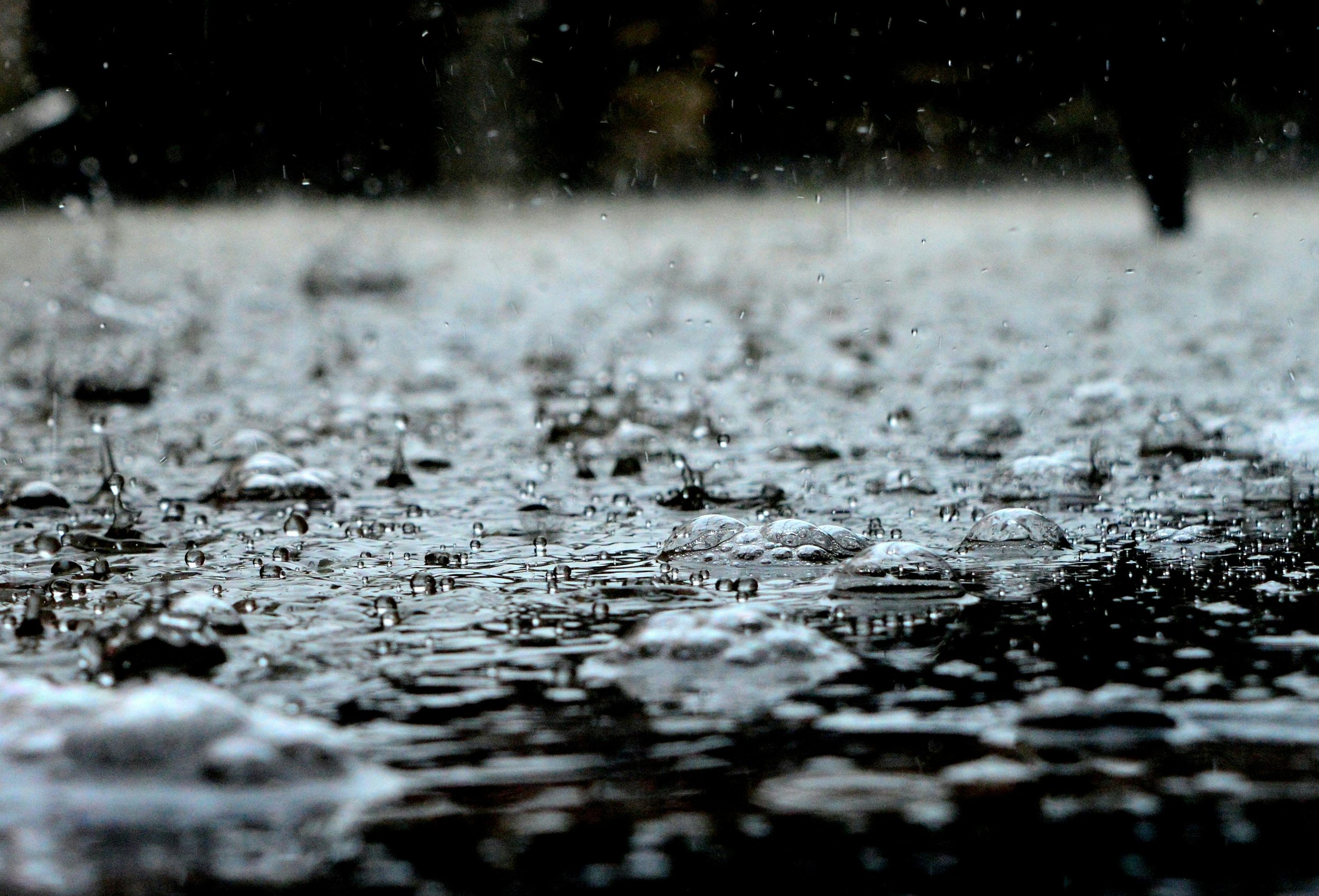
fema is bleeding talent and institutional knowledge
Likely, the powers that be within the Department of Homeland Security don’t give a hoot who leaves the Federal Emergency Management Agency (FEMA). Those of us in the biz know that you can’t have senior folks from one element of FEMA leave and not have an impact on day-to-day operations and especially disasters.

us senators looking for input
By the time you read this (written on the night of 9/15) it will be too late for you to respond, but I thought it worthy to see what Derrick Hiebert wrote on LinkedIn. See below—all are worth ideas
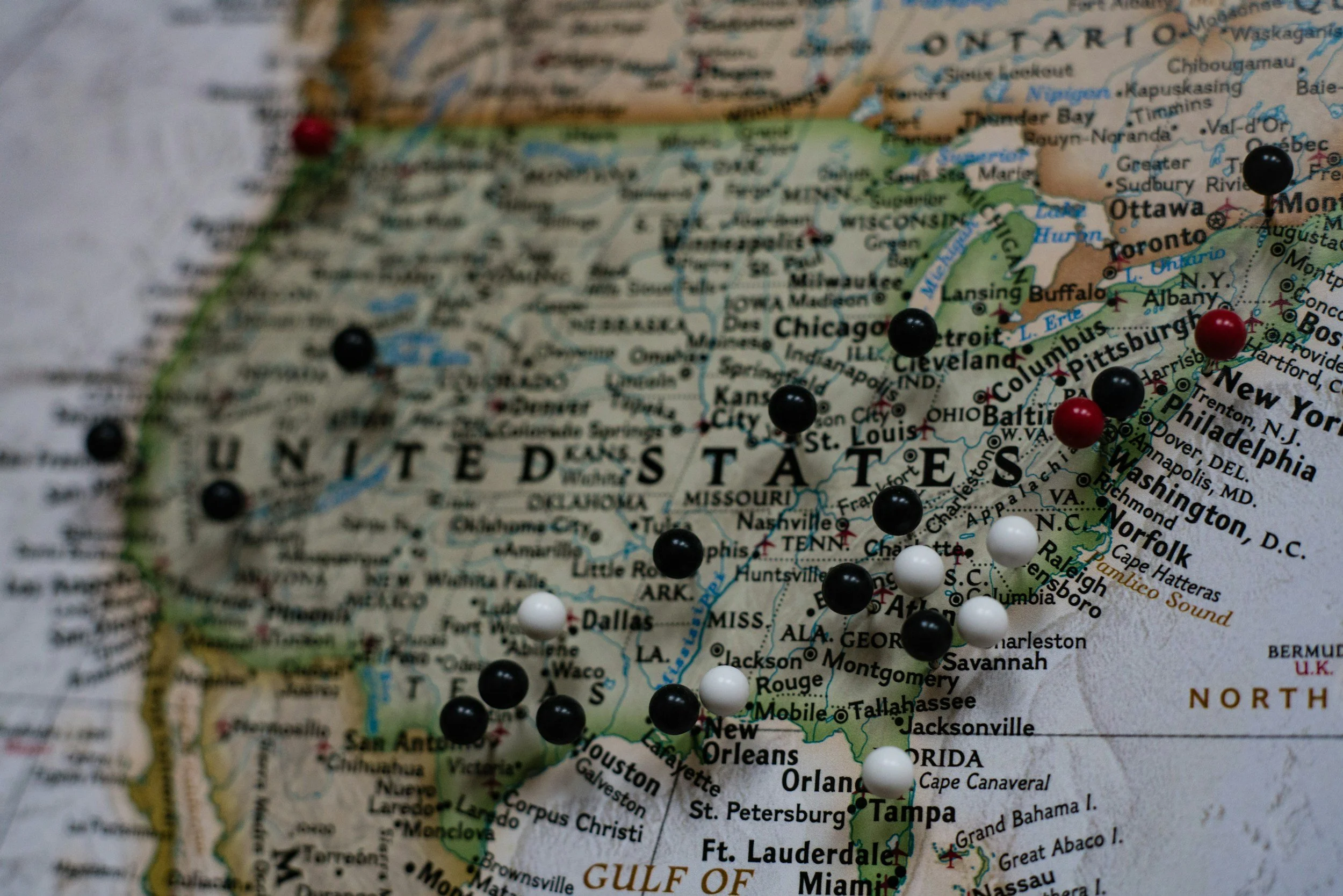
which states are most reliant on fema
See this link, East Coast States the Most Reliant on FEMA You can see all the state rankings for what they have received from the Federal Emergency Management Agency (FEMA) in the last few years.

Katrina: Come Hell or High Water
Netflix has a documentary playing right now, Katrina, Come Hell or High Water
I watched the three episodes in one sitting. The story is told more from the side of the survivors and the victims perspective. It is the epidemy of the challenges we face in trying to serve people who do not have the resources necessary to escape the path of destruction. It is also a reminder that not everyone is tuned into the news like many of us might be.

artificial intelligence will impact every aspect of emergency management
Pete Gaynor, former State of Rhode Island Emergency Management Director and FEMA national Administrator is conducting online training. Check out Leadership When It Matters Most In addition to that he is seeking input for a new book containing short essays. See below for what I sent him about technology and the coming AI revolution.
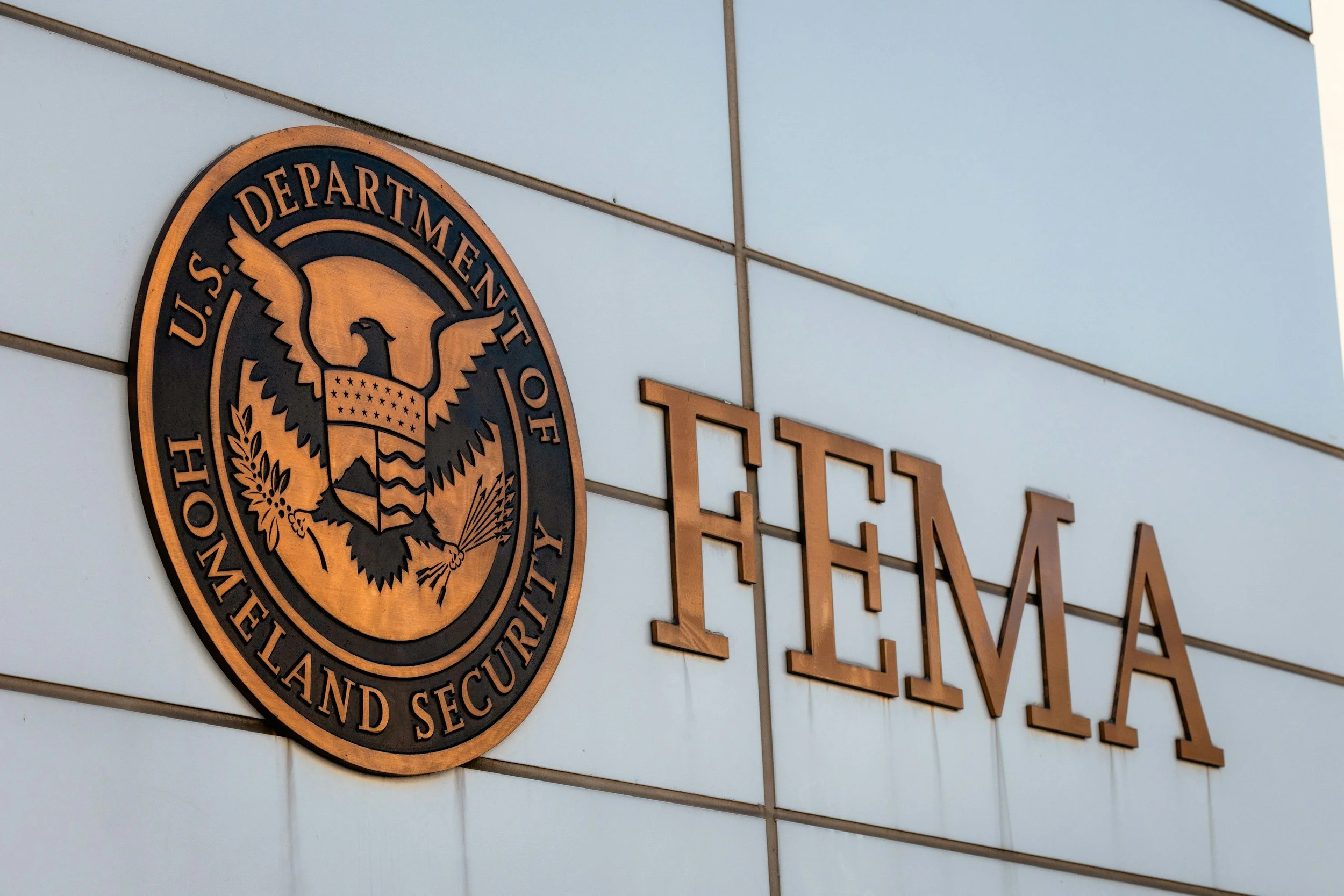
gao report on impacts of fema staffing levels
We have known about the cuts in staffing and significant degradation in the institutional knowledge of some critical positions. You can do that just by following the news. Earlier this week I did a blog post on this same topic/issue

using ai for emergency management purposes
If you have not read anything on this topic yet, this might be a good introduction for what might be possible, Structured AI decision-making in disaster management

this only makes sense
Countries that are friendly to one another should establish agreements to help one another when disaster strikes. See this announcement, New Zealand and the Republic of Korea strengthen emergency management cooperation

FEMA hiring freeze extended thru 2025
I picked this item of information up in an email someone sent me, “ FEMA has extended its hiring freeze through the end of 2025, raising alarms as the busiest part of hurricane season approaches. With leadership shakeups and staff departures, experts worry the agency may not be prepared for large-scale disasters.”
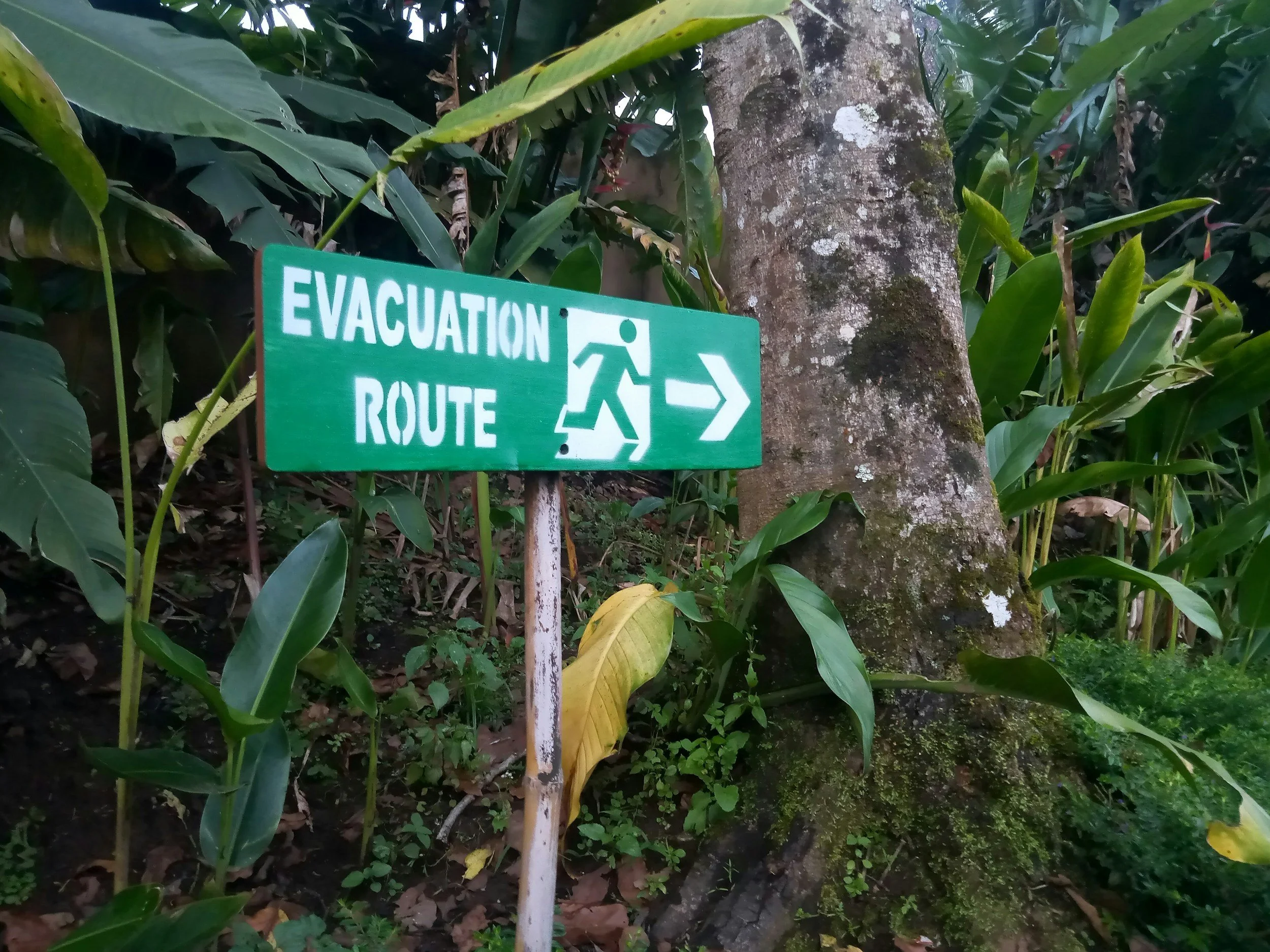
good information on hurricane evacuation planning
I expect most states and local jurisdictions that exist in a hurricane zone have done some type of warning and evacuation planning. When I listen to residents in those zones who chose not to evacuate, it is generally based on their past experiences in surviving a hurricane. Prior survival is not a good predictor of future survival, given changing climate patterns with more intense hurricanes and huge rainfall totals that exacerbate flooding in areas that are far from any storm surge, e.g. Hurricane Helen and North Carolina’s experience in the mountains
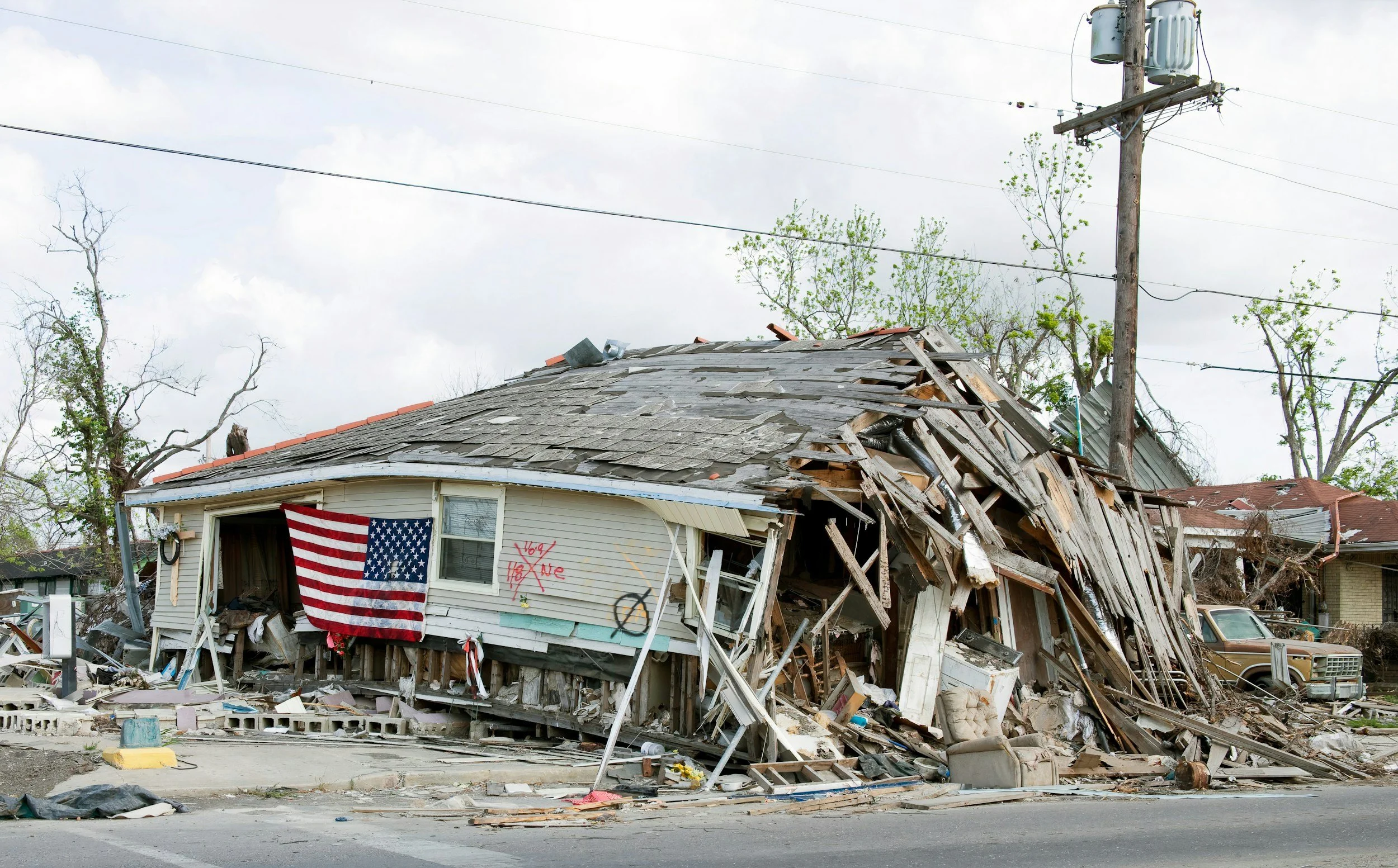

it department firings at fema hq
There was this announcement on the Department of Homeland Security’s (DHS) website, Secretary Noem Terminates Inept FEMA Employees After Uncovering Massive Cyber Failures, Demands Accountability

Alerts: we are the problem
I’ve written so much about the topic of screwed up alerting of the public by emergency managers—what more is there to say?nsible. This is about us!

elected leaders need to demonstrate leadership before a disaster
Jim Mullen, former Seattle Emergency Management Director has written a recurring column on topics of interest to the emergency management community. This one rang true for me and I recommend it for your reading.
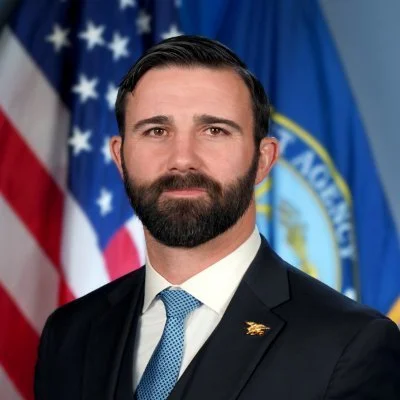
Cameron Hamilton on FEMA
I found this statement on Cameron Hamilton’s LinkedIn page very interesting. If you remember, he was the first “Acting FEMA Administrator” appointed by the current Trump Administration. He was fired right after testifying before Congress that the Federal Emergency Management Agency (FEMA) should not be eliminated, but reformed. This ran directly opposite of what President Trump and Secretary of Homeland Security Noam had been espousing.

new federal grant available for warning systems
Perhaps it has been recent and very public warning failures, or perhaps this has been in the works for a while. See this story, FEMA Announces $40M Funding to States and Tribal Nations to Help Notify the Public During Emergencies, https://www.hstoday.us/subject-matter-areas/emergency-preparedness/fema-announces-40m-funding-to-states-and-tribal-nations-to-help-notify-the-public-during-emergencies/

what are your community infrastructure plans for extreme heat?
I’ve written about heat emergencies before. There have been several significant heat events here in the United States. Chicago was hit hard back in 1992 and a book was written about those events and the actions taken to try and save lives, see Heat Wave: A Social Autopsy of Disaster in Chicago Even in the relatively cool Pacific Northwest where I live, a heat dome caused many deaths in Seattle and Portland, a few years ago—in June!

climate change will bring political upheaval
Climate change will impact the world. There won’t be one area of the world that escapes its impacts, on sea, in the air and on land.
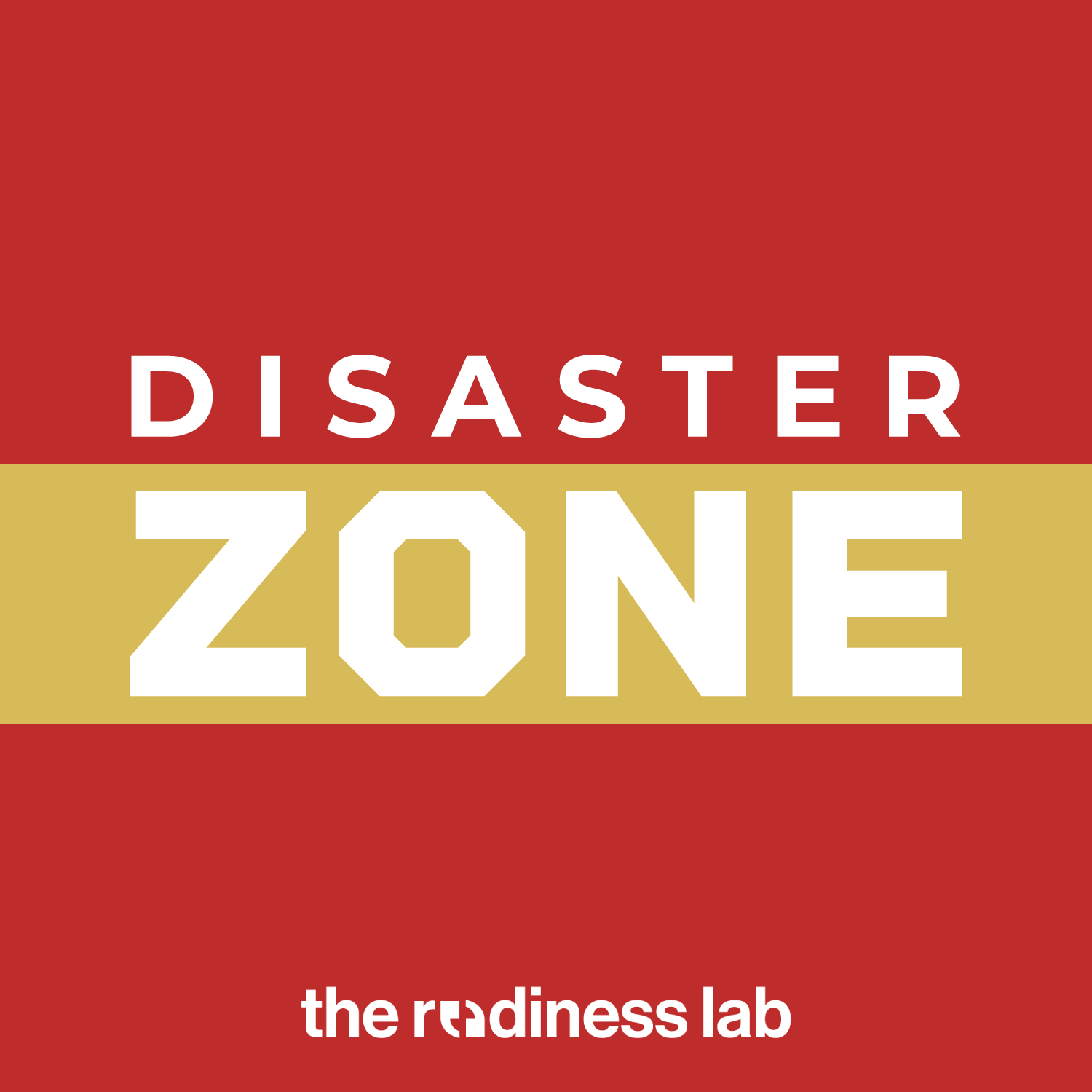

fema staff fighting back
These are brave men and women who signed a letter decrying all the changes being made at the Federal Emergency Management Agency (FEMA). See this Washington Post article, FEMA staff warn Trump officials’ actions risk a Katrina-level disaster
